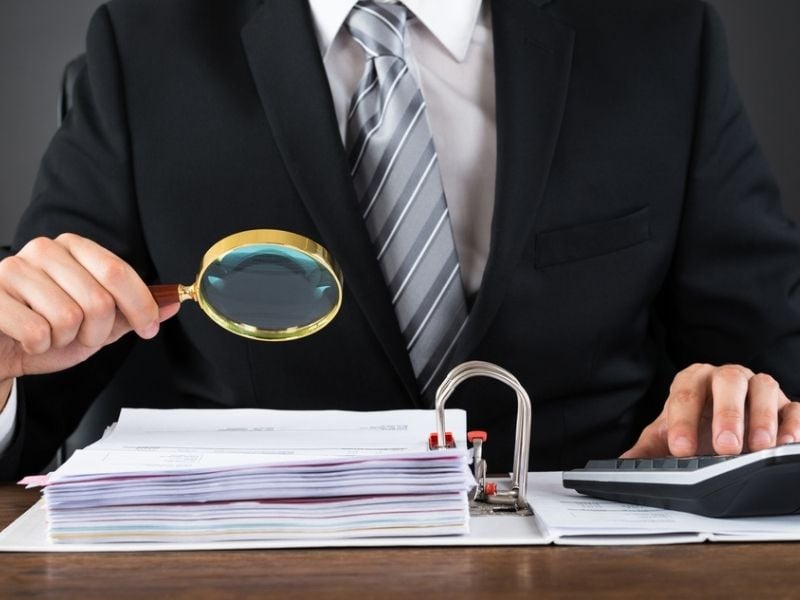Steps To Take When You Suspect Fraud At Your Company


Fraud is a gravely serious accusation. It’s not the sort of thing most upstanding employees want to be involved with and yet, unfortunately, it’s a crime that’s on the rise in our modern, technologically-driven age. Any sort of business could be vulnerable, so you’ll need to know how to approach the situations and what steps to take if you suspect fraud might be occurring within your own organization. Here’s what you’ll need to know.
Take A Breath And Stay Calm
It might be natural to panic upon discovering evidence of your employer being mixed up with fraud. You might start wondering if you’ll be targeted for revealing what you know, and thinking about what to do when you’ve been wrongfully terminated from your job. Try not to get emotional, however, and remember to stay calm. You have a right to report fraud, after all, and it’s important for you to do the right thing.
Take Your Time And React With Caution
Once you suspect fraud is taking place at your organization, it’s important that you don’t rush to any actions. You’ll need to be slow, methodical, and careful so that you can collect the evidence you need before it gets destroyed. Tipping your hand too quickly could cause that suspected fraudster to try and eliminate all traces of their misdeeds, and you’ll need to have concrete evidence in hand to prove your suspicions are correct.
Log Communications And Back Up Data
Now it’s time to gather concrete proof of fraud. You’ll need to document important information regarding who is involved and the details that point to fraud. Save communications that you are privy to on portable drives and backup copies of your company’s financial wheelings and dealings so that you have them in one secure place. This includes emails, payroll info, bookkeeping, company transactions, and anything else that substantiates accusations of fraudulent dealing.
Contact The Necessary Parties
Depending on who’s involved in your organization, there may be individuals within who you’ll need to alert about the fraud so that they can take action. In other cases, you may need to take your evidence to government authorities, such as the IRS or FBI, after which they can take the appropriate actions. You might also want to contact legal counsel as well, so that they can advise you on next steps to protect yourself and help you ensure your rights are upheld.







